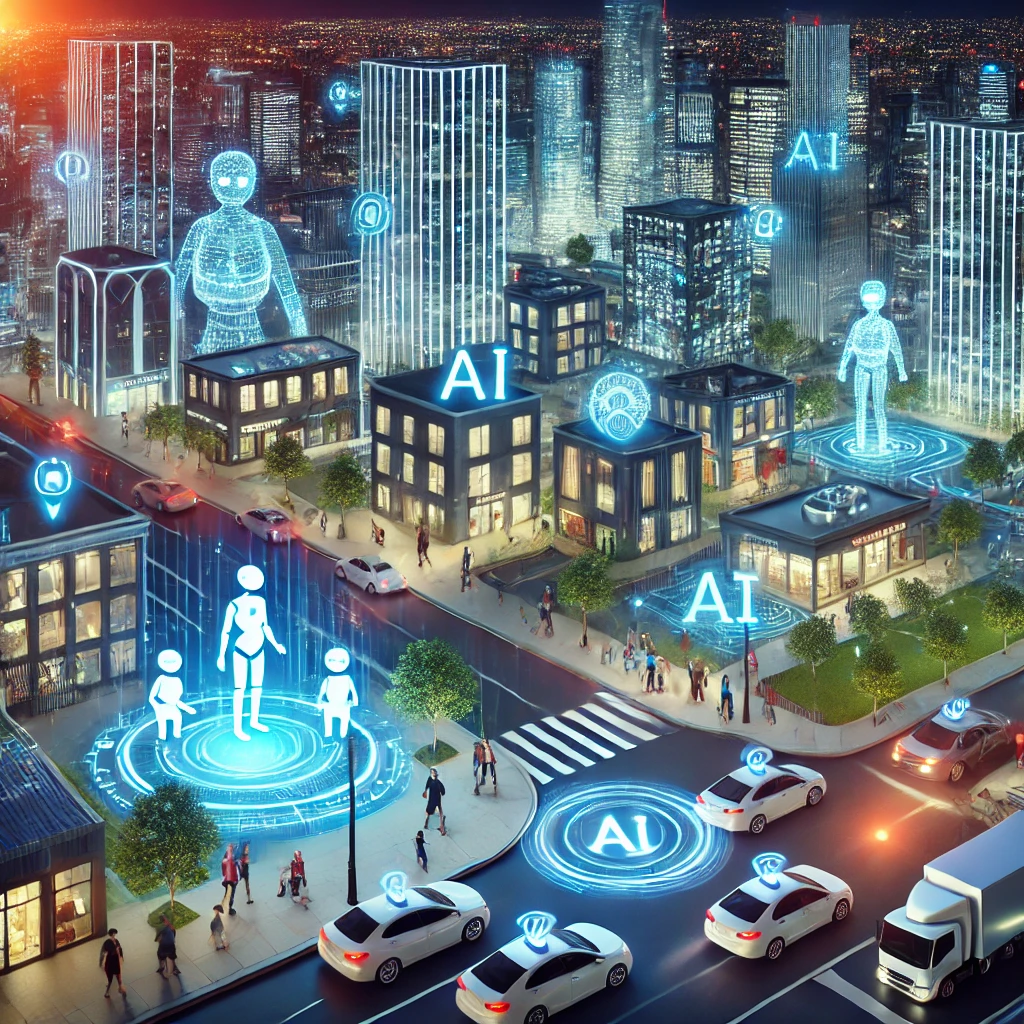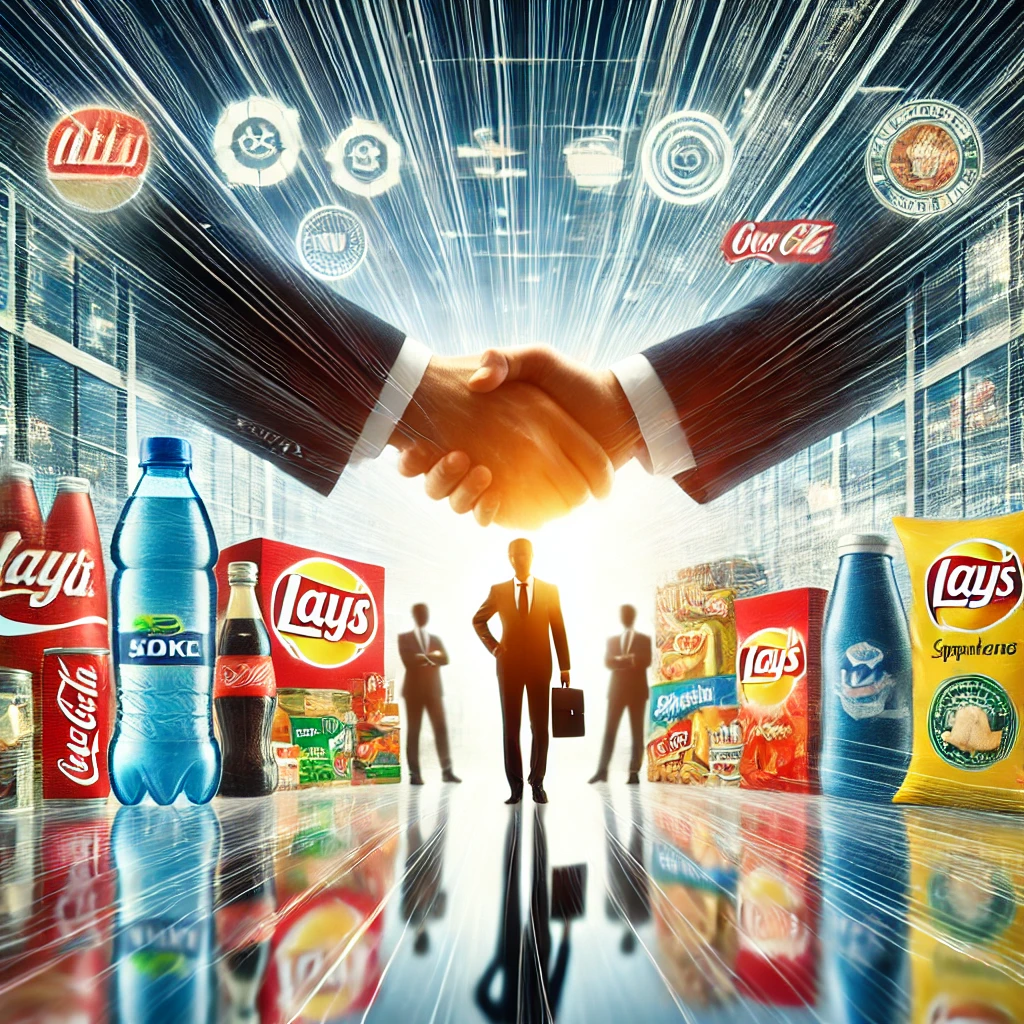
Artificial Intelligence (AI) has already transformed the way we live, work, and interact with technology. From virtual assistants to self-driving cars, AI has made remarkable progress. But what does the future hold? In the next decade, we can expect AI to advance in ways that will reshape industries, enhance human capabilities, and raise ethical considerations. Here’s a glimpse into what lies ahead.
1. AI in Healthcare: Personalized Medicine and Faster Diagnoses
The healthcare industry is set to benefit immensely from AI. Machine learning algorithms will analyze vast amounts of patient data, leading to early disease detection and personalized treatment plans. AI-driven diagnostic tools will become more precise, reducing human error and increasing survival rates for diseases like cancer. Robotic surgery and AI-assisted drug discovery will also become more prevalent, making healthcare more efficient and accessible.
2. Automation and the Job Market: A Double-Edged Sword
AI-powered automation will continue to impact the workforce, replacing repetitive and manual jobs. While this may raise concerns about unemployment, it will also create new opportunities in AI development, robotics maintenance, and data analysis. The key challenge will be reskilling workers to adapt to the changing job landscape. Governments and businesses will need to invest in AI education and workforce development programs.
3. AI-Powered Smart Cities
Smart cities of the future will use AI to optimize traffic flow, reduce energy consumption, and improve public safety. AI-driven surveillance systems, smart grids, and autonomous public transport will enhance urban living. Cities will leverage AI to predict and prevent crimes, monitor pollution levels, and manage waste more efficiently.
4. The Rise of AI Companions
AI will not only assist but also interact with humans in a more natural and emotional way. AI-powered virtual companions, such as chatbots and humanoid robots, will become more advanced, providing emotional support and companionship to individuals, particularly the elderly and those suffering from mental health issues. These AI entities will mimic human-like conversations, making them more relatable and effective in offering assistance.
5. Ethical and Security Concerns
As AI continues to evolve, ethical dilemmas will arise. Issues like data privacy, bias in AI algorithms, and deepfake technology will need to be addressed. Governments and tech companies will have to implement regulations to ensure AI is used responsibly. AI security will also become a significant concern, as cybercriminals may exploit AI vulnerabilities to commit fraud and cyberattacks.
6. The Integration of AI with Human Intelligence
One of the most fascinating developments in AI will be its integration with human intelligence. Brain-computer interfaces (BCIs) will allow direct communication between the human brain and AI, potentially enhancing cognitive abilities. This could revolutionize education, therapy, and even entertainment. Companies like Neuralink are already working on prototypes that could eventually allow humans to control devices using their thoughts.
Conclusion
The future of AI is both exciting and complex. While AI has the potential to improve healthcare, automation, urban planning, and human interaction, it also presents challenges that need careful consideration. Striking a balance between technological advancement and ethical responsibility will be crucial. As we move into this AI-driven era, society must embrace innovation while ensuring that AI serves humanity positively and responsibly.
What are your thoughts on AI’s future? Let us know in the comments below!





